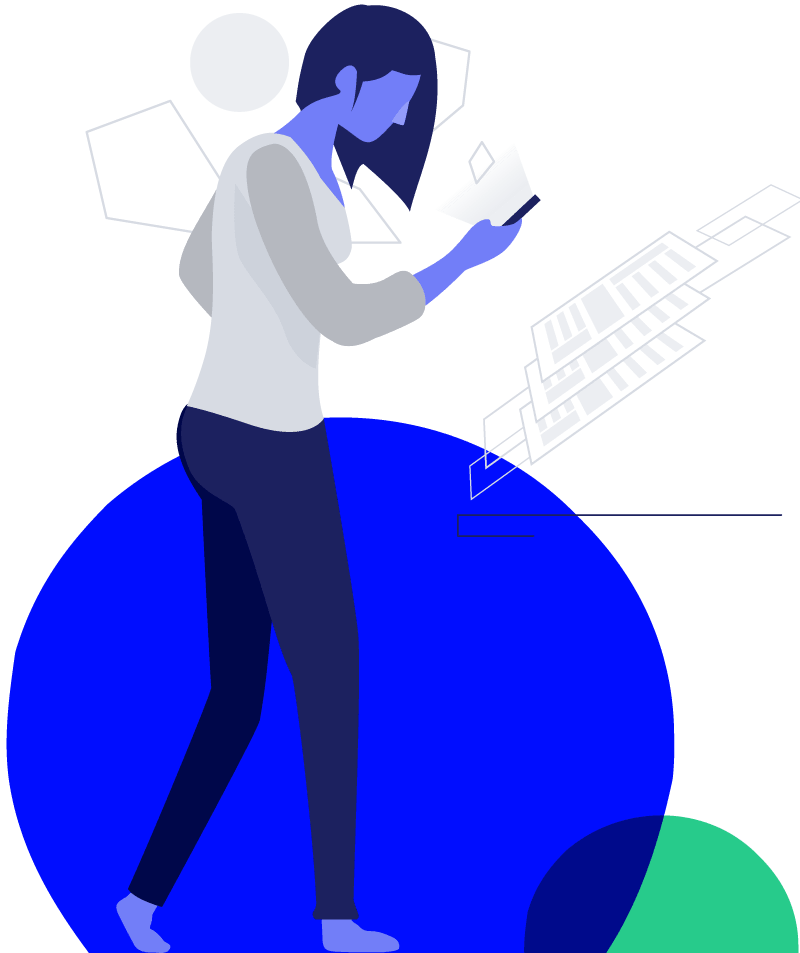It is a procrastinator’s nightmare…writing a resume. It is probably one of the least enjoyable tasks that a person can perform…maybe even below cleaning the bathroom! In talking to people who have had a delay in looking for work after losing their job, one of the reasons heard the most is, “I need to write my resume”.
So, knowing how challenging getting started writing one can be…what can a person do to make it easier to begin the process? The following are some relatively easy tips that will make the resume writing process better:
• Quiet Space – Distractions are a procrastinators dream. Writing your resume is a serious job and should require your undivided attention. This is one time to lock yourself away from family and friends. Turn off the TV, phone and radio also. Concentrate on yourself for a few hours, because you are worth it and your resume will positively reflect your efforts. Make sure this area is well stocked with whatever you need, such as paper, phone book, pens, etc. therefore eliminating any excuse you may have to stop creating.
• Give Yourself Time – It is highly recommended that you prepare your resume in advance of needing it. Don’t wait until the night before having to send the document to “throw” something together. That is why, at the first sign that you may be interested in a new job or losing your existing one, you need to get into resume mode. Give yourself at least a few hours to complete, and then I would recommend “sleeping on it” and rereading the next day for edits. Consider sharing the document with friends and family for their feedback. They just may be able to see something that you did not (remember you want error free!) and can provide you perhaps with something about you that you forgot to add.
• Dictionary and Thesaurus – You will want to use action verbs and impactful words to grab the attention of your reader, yet you do not want to misuse them. By having both a dictionary and a thesaurus by your side, you can prevent any potential word choice errors and also allow you to perhaps expand your vocabulary a bit.
• Prepare an Outline – This should not be an actual resume, but just a framing of yourself and your history. Write down what you are interested in doing (type of work, industries, etc.), your key skills, and your major accomplishments. This outline will serve as your reference point for creating your document, but can be done without the pressure of it being your actual resume. I find that this may help you overcome any psychological block you may have regarding writing about yourself.
• Sketch a First Draft – A key is to actually get started. So, I recommend writing a 1st draft, either on paper or directly on Microsoft Word, where you just put ideas down using your outline as a guide. Don’t worry about making it perfect at this point by creating every word or sentence. The idea is to start the process of creating the document and to get into the creative mode. Often, the hurdle is to actually start and once you do, it is much easier the rest of the way. Don’t forget to go back and “clean up” the document before sharing with anyone.
• Use Existing Tools – If you have an old version of a resume, you can use this to get started on creating an even better document. Why recreate the wheel when you can just make a better one! If you do not have a copy of your old resume, then be sure to make a list of your previous employers and related dates prior to sitting down to create your document. Again, don’t allow chasing after information to delay you sitting down and actually writing.
• Be Prepared to Repeat – Resumes are living documents… once it is written the first time does not mean it should never be tweaked. Solicit feedback throughout your job search process for helpful hints on how to make it better.
Unless you can afford to have someone write your resume, you are “stuck” doing it yourself. Whether you have written a few of them, or this is your first time out, a key is to actually get started creating. The tips above (along with a number of related articles on the Job Seeker Articles Page) will help you towards the process of creating the resume needed to land you that new job.
As always, best of luck in your job search.
The following has been prepared for the general information of WNYJobs readers. It is not meant to provide advice with respect to any specific legal or policy matter and should not be acted upon without verification by the reader.
Joe Stein
WNY Human Resources Professional
Feel free to contact Joe Stein regarding questions or comments at:
Joe Stein

